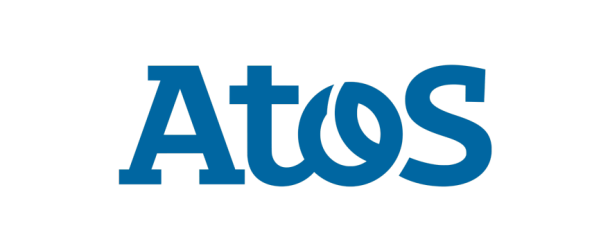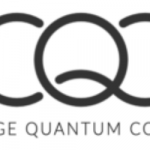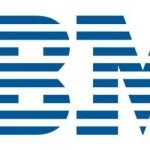Preparations for Quantum Computing Must Be Added to Innovation Roadmap for Any Company Reliant on Computational Techniques

(ATOS.net) Preparing for quantum computing must be added to the innovation roadmap for any company that is heavily reliant on computational techniques. In the past, companies enjoyed advantages over their competitors by embracing AI early on, and similar effects are expected from quantum computing. Perhaps even greater.
There are efficient tools to prepare for the advent of quantum computing with the new generation of the Quantum Learning Machine (QLM). Liberated from the dependency of physical quantum processors and equipped with this QLM, enterprises can start benefiting from efficient and realistic gate-based and quantum annealing simulators to develop and test their algorithms and solutions.
Some algorithms such as the Quantum Approximate Optimization algorithm (QAOA) may one day be as popular as Eratosthenes’s sieve is in classical processing. Instances of such applied thinking include:
Exploring QC’s in predicting the evolution of morbidities, and to better develop drugs for specific morbidity groupings. here
Using QAOA and Quadratic Unconstrained for fraud detection and portfolio optimization Binary Optimization (QUBO) for a large financial institution.
Another way for companies to get ready is to enter European programs, including for instance the AQTION (Advanced Quantum computing with Trapped IONs) project, the PASQuanS (Programmable Atomic Large-Scale Quantum Simulation) project and more recently the NEASQC (NExt ApplicationsS of Quantum Computing) project or to establish partnerships with QC startups.
Quantum awareness is no longer just a question of crystals or qubits. It demands an understanding and realization of new algorithms which have the potential to create the next generation of enterprises, which, just as the big digital companies (a.k.a. “GAFA”) are doing now in the classical computation world, will dominate the scene.



















